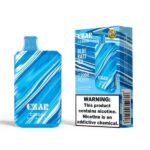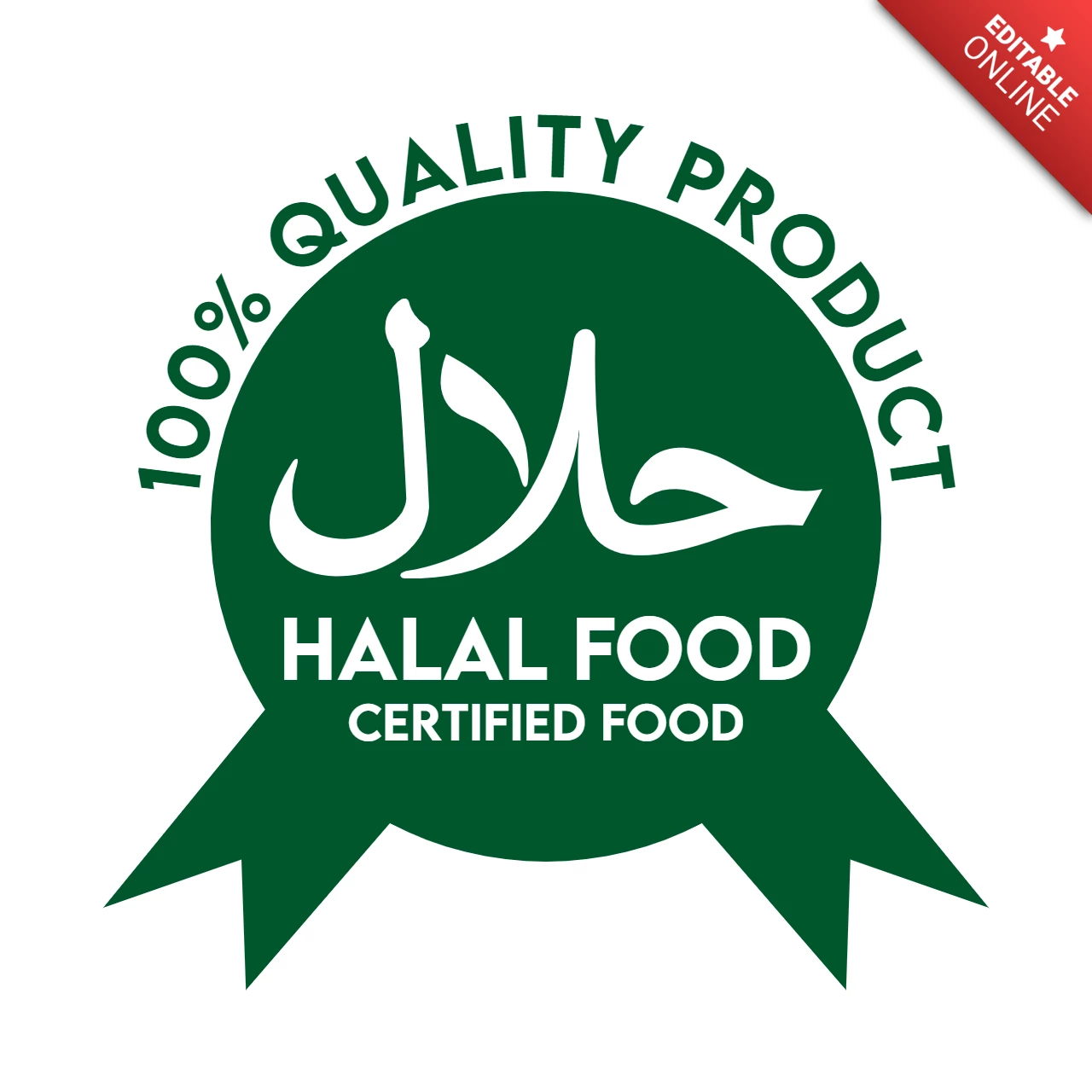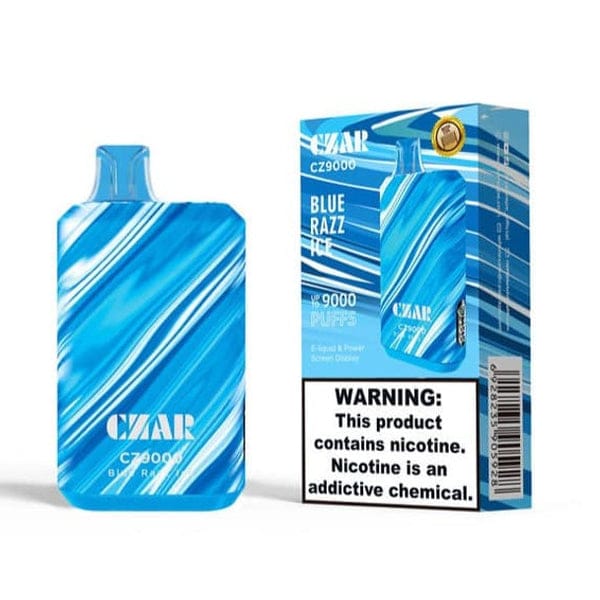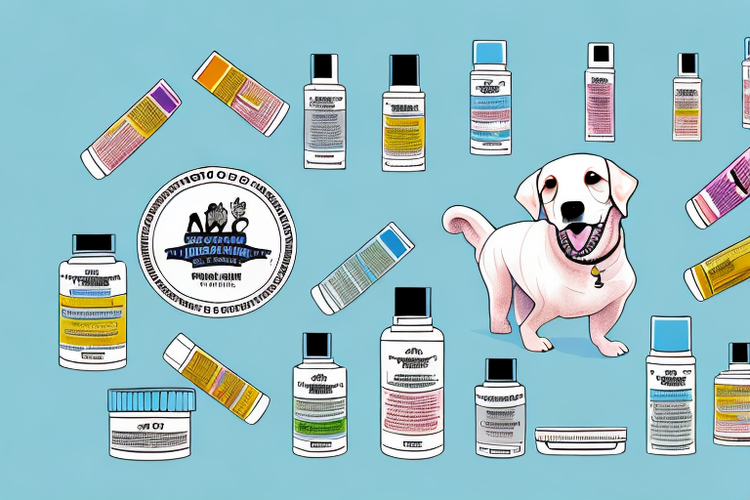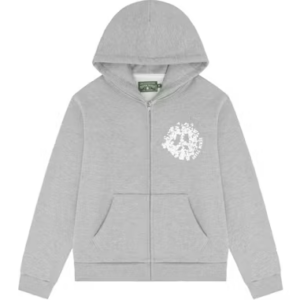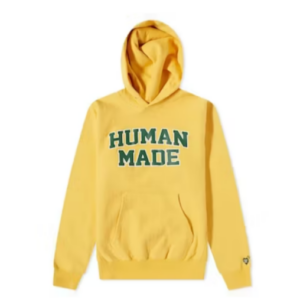Halal certification in the UK is essential for businesses that want to cater to Muslim consumers. It ensures that food products, restaurants, and even non-food items meet strict guidelines according to Islamic law. For Muslims, it is important to know that what they consume is in line with their faith, and Halal Certifications UK provides that assurance.
This article will help you understand what halal certification is, why it is important, how to obtain it, and which industries benefit from it.
What is Halal Certification?
Halal certification is a process by which a product is verified to be permissible under Islamic law. The term “halal” means “permissible” in Arabic, and it applies to food, drinks, and other items that Muslims are allowed to consume or use. For food products, this includes ensuring that animals are slaughtered in a specific way and that no forbidden (haram) ingredients, such as alcohol or pork, are present.
In the UK, businesses that want to market their products as halal must obtain certification from a recognised authority. These certification bodies are responsible for inspecting the products and production processes to ensure they comply with halal requirements.
Why is Halal Certification Important?
Halal certification is important for both consumers and businesses. For Muslim consumers, it provides peace of mind that the products they are purchasing meet the standards of their faith. Without certification, it can be difficult for consumers to determine whether a product is truly halal, especially in a non-Muslim-majority country like the UK.
For businesses, obtaining halal certification opens the door to a large and growing market. The UK is home to millions of Muslims, many of whom actively seek out halal products. By gaining halal certification, companies can attract these consumers and expand their customer base.
The Halal Certification Process
To obtain halal certification in the UK, businesses must follow a structured process. This includes applying to a halal certification body and undergoing an inspection of their products and production methods. The certification process typically involves the following steps:
- Application: The business submits an application to a recognised halal certification authority. This includes details about the products or services they wish to certify.
- Inspection: The certification body conducts a thorough inspection of the business’s production processes. For food products, this may include visiting farms, slaughterhouses, and factories to ensure everything complies with halal standards.
- Review: After the inspection, the certification body reviews the findings to determine whether the business meets the requirements. This includes checking for the use of any haram ingredients and ensuring that the processes used in production align with Islamic principles.
- Certification: If the business passes the review, they are granted a halal certificate. This certificate is typically valid for a certain period, after which the business must undergo re-certification to maintain their halal status.
Industries That Require Halal Certification
Halal certification is commonly associated with food products, but it extends beyond the food industry. Many other sectors also require halal certification to ensure their products are acceptable for Muslim consumers. Here are a few key industries where halal certification is important:
1. Food and Beverage
The food and beverage industry is the most obvious sector for halal certification. Products like meat, dairy, and processed foods need to be certified to ensure they meet halal standards. Even non-meat products, such as snacks or beverages, may require halal certification if there is a risk of contamination with non-halal ingredients.
2. Pharmaceuticals
Pharmaceutical companies often seek halal certification for medications and health products. Many Muslims prefer halal-certified medicines, especially those that do not contain animal-based gelatin or alcohol, which are considered haram.
3. Cosmetics and Personal Care
Halal certification is also becoming more common in the cosmetics and personal care industry. Many beauty products contain animal-derived ingredients, so it is important for these products to be certified halal to ensure they are free from haram substances.
4. Restaurants and Catering
Restaurants, catering services, and food outlets often seek halal certification to assure customers that the food they serve is in line with Islamic dietary laws. Many Muslim consumers in the UK specifically seek out halal-certified eateries, making certification a valuable asset for these businesses.
5. Logistics and Packaging
Even the logistics and packaging of products can affect their halal status. Some companies obtain halal certification for their packaging materials or ensure that their products are transported in a way that avoids contamination with non-halal items.
How to Choose a Halal Certification Body
In the UK, several recognised bodies provide halal certification. It is important to choose a trusted and accredited certification body to ensure that the certificate is recognised by Muslim consumers and businesses. When selecting a halal certification authority, consider the following factors:
- Reputation: Look for certification bodies that have a strong reputation within the Muslim community. A certificate from a well-known body will carry more weight with consumers.
- Accreditation: Ensure the certification body is accredited by relevant authorities, such as Islamic councils or international halal organisations.
- Experience: Choose a certification body that has experience working with businesses in your industry. This will ensure they understand the specific requirements for your products or services.
The Growing Demand for Halal Products in the UK
The demand for halal-certified products has been steadily increasing in the UK. With a growing Muslim population and greater awareness of halal standards, more consumers are looking for products that align with their faith. This demand is not limited to food; it extends to cosmetics, healthcare, and personal care items.
For businesses, this presents a significant opportunity. By obtaining halal certification, companies can tap into this expanding market and build trust with Muslim consumers. Moreover, halal certification can enhance a brand’s reputation, showing a commitment to ethical and religious standards.
Conclusion
Halal certification is an essential process for businesses that want to serve Muslim consumers in the UK. By ensuring that products meet Islamic standards, halal certification provides peace of mind to consumers and opens up new market opportunities for businesses.
If you are a business owner looking to gain halal certification, it is important to choose a recognised certification body and follow the necessary steps to ensure compliance. With the growing demand for halal products in the UK, obtaining certification is a valuable investment that can help your business thrive in a competitive market.
